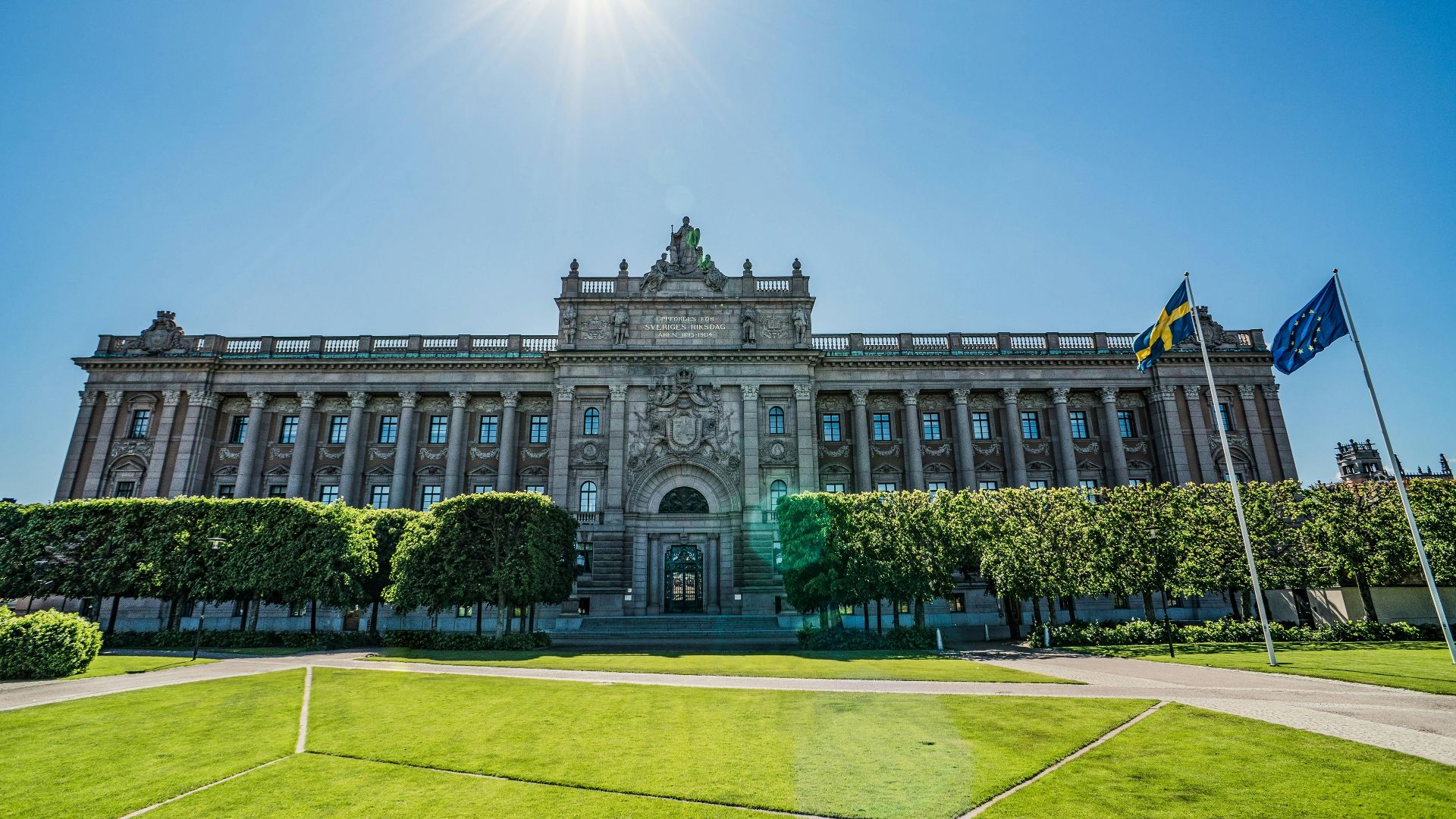Borders and Bureaucracy Unveiled
Citizenship laws can open doors—or slam them shut. Around the globe, gaining citizenship ranges from a lifelong pursuit to a surprisingly quick formality. With that, let's look at 10 nations where earning a citizenship is a grueling journey, and 10 where it’s handed out with far fewer hurdles.
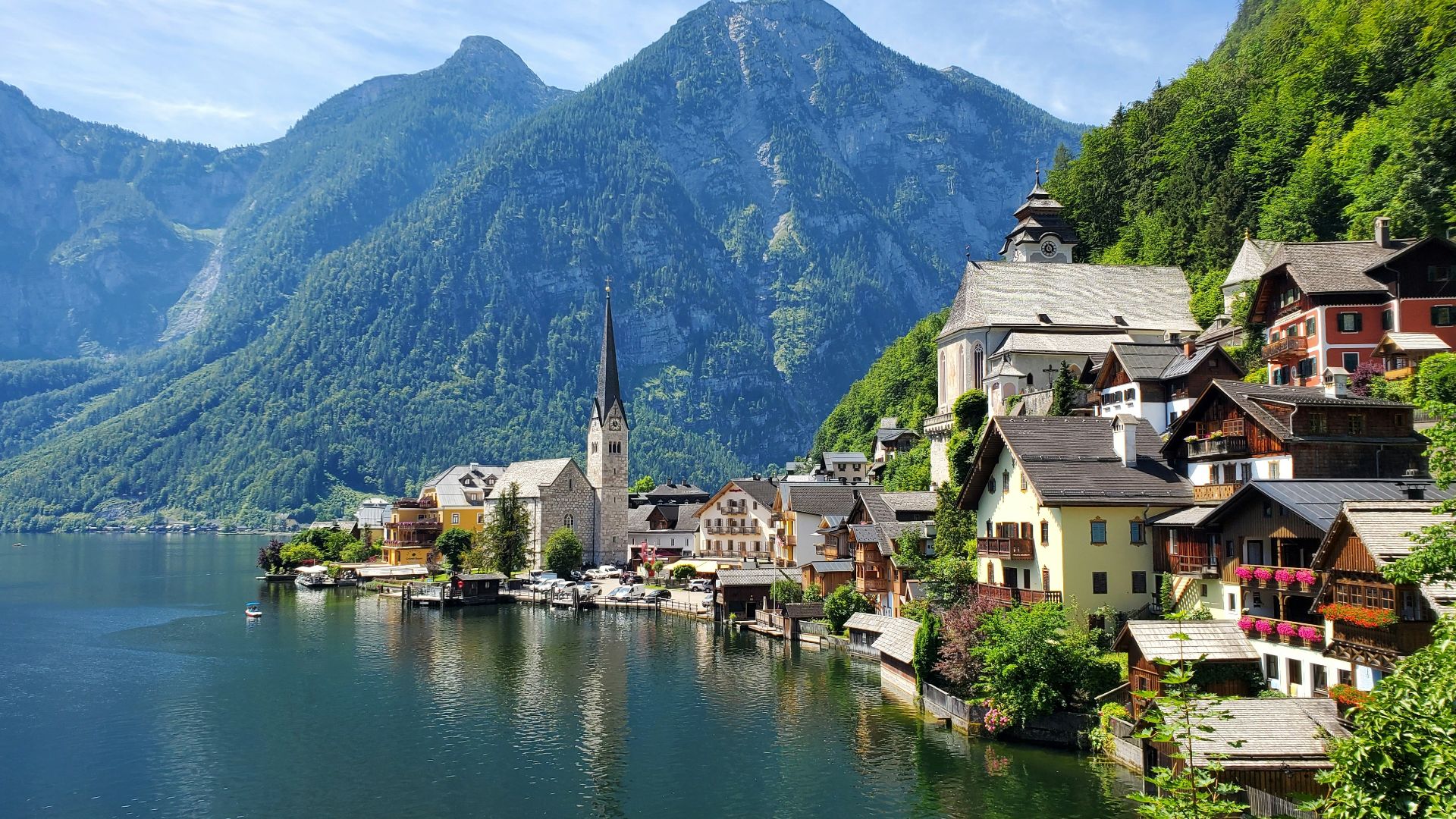 Hasmik Ghazaryan Olson on Unsplash
Hasmik Ghazaryan Olson on Unsplash
1. Vatican City
Citizenship here isn’t based on birth or marriage. It’s tied entirely to service within the Catholic Church—primarily cardinals, diplomats, or Swiss Guards. Even then, it's temporary. Once the position ends, so does the citizenship. Fewer than 1,000 people worldwide currently hold this rare status.
 Jorge Valenzuela A on Wikimedia
Jorge Valenzuela A on Wikimedia
2. Qatar
Applicants must live in Qatar for 25 uninterrupted years, be fluent in Arabic, and possess no criminal history. That's just the beginning! The country also forbids dual citizenship, and conversion to Islam is generally expected. Final approval rests with the Minister of the Interior, adding another layer of complexity.
3. Liechtenstein
Liechtenstein enforces one of Europe’s longest residency rules: 30 years. The wait can only be shortened by marrying a citizen or receiving municipal approval. Even then, applicants face a parliamentary vote. Its low naturalization rate preserves the country’s tight-knit population of just over 40,000.
 Norbert Aepli, Switzerland (User:Noebu) on Wikimedia
Norbert Aepli, Switzerland (User:Noebu) on Wikimedia
4. Bhutan
This Himalayan kingdom not only expects applicants to live there for 20 years, but they also have to speak Dzongkha. As if that weren’t enough, they must pass a citizenship exam and prove unwavering loyalty to the monarchy. Authorities may deny or revoke citizenship without explanation.
5. Saudi Arabia
A decade of residency and Arabic fluency are the starting points—applicants must also show good conduct and moral character as defined by the government. If you want to be a citizen of Saudi Arabia, you'll have to drop any other citizenship, too.
6. Kuwait
Kuwait's process demands 20 years of legal residency and fluency in Arabic. It only grants citizenship to Muslims, and even then, approval is discretionary. Naturalizations occur sparingly, reinforcing the country’s emphasis on maintaining demographic and religious uniformity.
7. North Korea
Citizenship in North Korea exists more in legal text than in practice. While nationality law technically allows naturalization and even dual citizenship under rare circumstances, no transparent application process exists. Final decisions rest with the Supreme People’s Assembly, and confirmed cases of foreign naturalization remain virtually nonexistent.
8. Japan
Citizenship in Japan involves far more than just ticking boxes. Candidates must live there for at least five years, speak fluent Japanese, and prove financial independence and social stability. Dual citizenship isn’t allowed, and applicants are evaluated for how well they fit Japan’s cultural norms. It’s a meticulous, case-by-case review.
9. Switzerland
Securing Swiss citizenship requires persistence and community trust. Beyond ten years of residence, applicants need a C permit, must speak a national language, and demonstrate local involvement. Final approval comes from three layers of government—municipal, cantonal, and federal—each applying its own criteria.
10. Austria
Austria filters applicants through a tightly controlled process focused on integration. Ten years of residence, strong German proficiency, and deep familiarity with Austrian values are non-negotiable. Exceptions are rare and mostly reserved for economic contributors or individuals of exceptional merit.
Thankfully, a handful of countries practically leave the door ajar, welcoming new citizens with respect.
1. Argentina
Argentina only asks for two years of legal residency before you’re eligible to apply. Dual citizenship is welcome, and the income requirement sits around $1,000 per month. Applications are reviewed in federal courts, and approval often takes less than two years. It’s among the fastest routes.
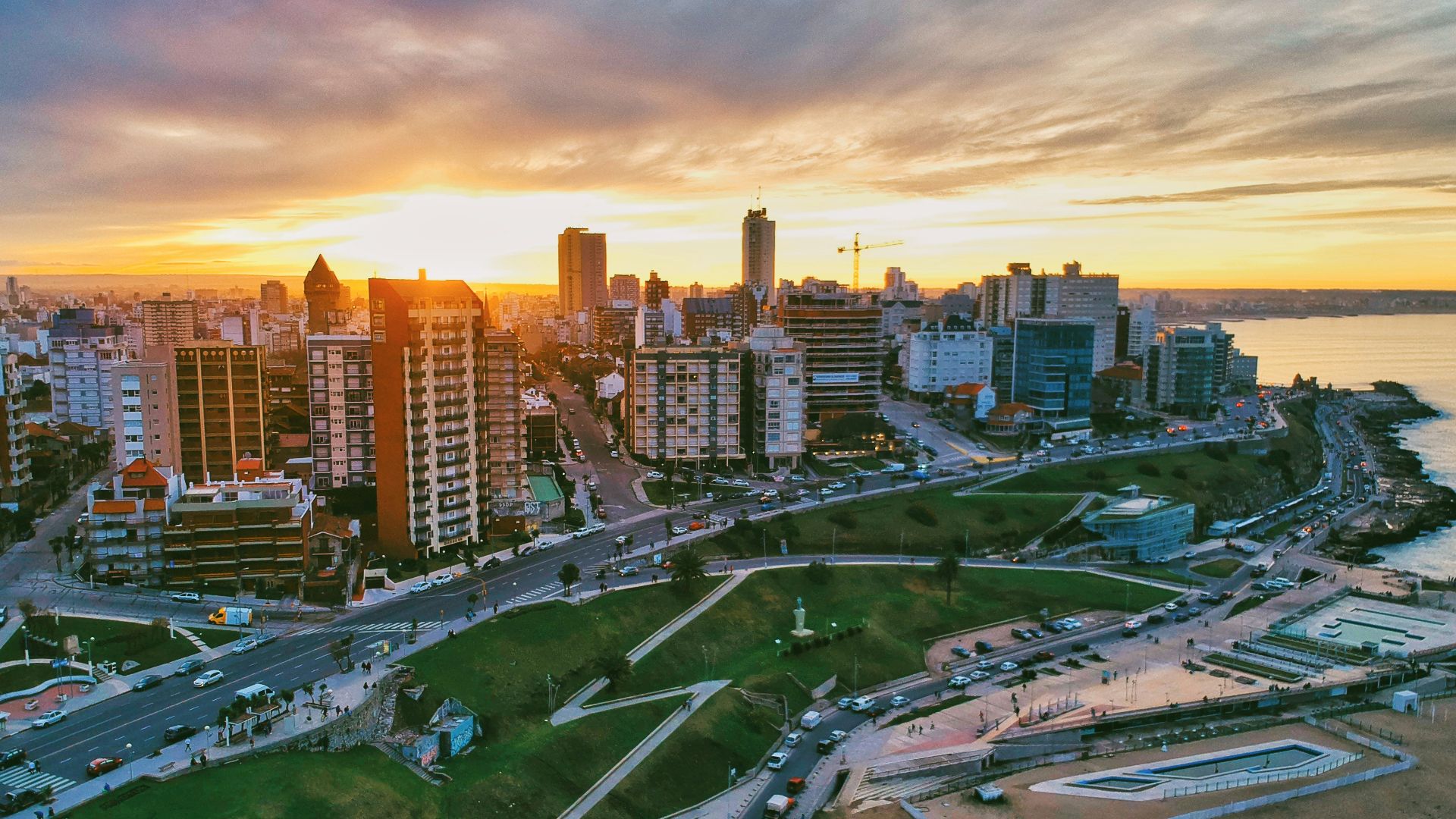 Fermin Rodriguez Penelas on Unsplash
Fermin Rodriguez Penelas on Unsplash
2. Peru
Gaining citizenship in Peru takes just two years of legal residence. While there's no formal language or culture exam, applicants must demonstrate basic Spanish proficiency and a general understanding of Peruvian history, culture, and the constitution. Dual nationality is permitted, and expats often praise its minimal red tape.
3. St. Kitts and Nevis
Citizenship is available through investment—no residency is required. A $250,000 donation or $400,000 in real estate unlocks citizenship within a year. Under the program, one has visa-free access to over 150 countries. It's a go-to option for people who need convenience and travel freedom.
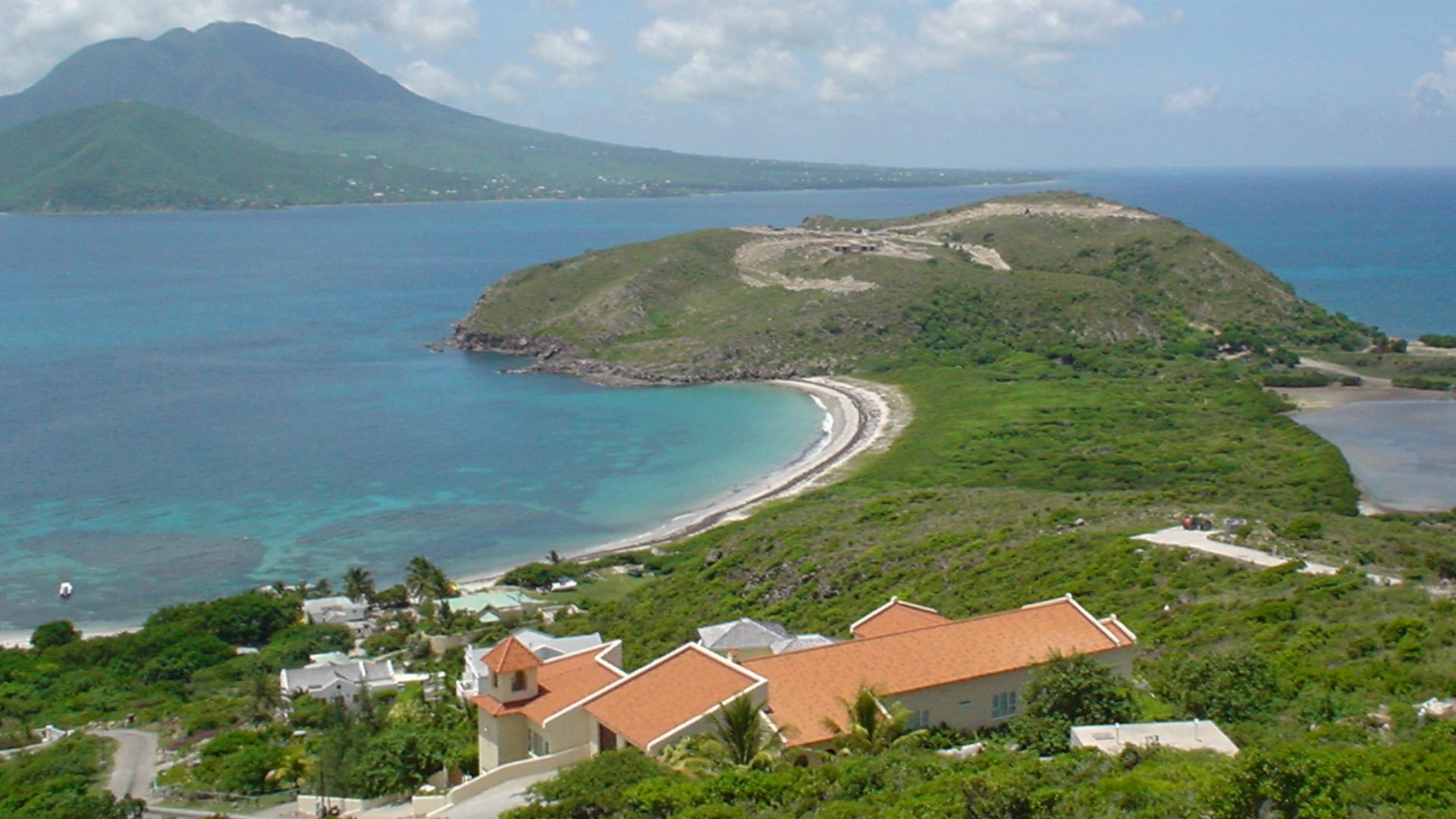 Nesnad at English Wikipedia on Wikimedia
Nesnad at English Wikipedia on Wikimedia
4. Italy
Applicants with Italian ancestry can apply through jure sanguinis, a legal principle that recognizes bloodline-based claims. While there’s no limit on generations, the process demands proof that citizenship wasn’t lost through renunciation or, in maternal cases, before 1948.
 Jonathan Körner jonko on Wikimedia
Jonathan Körner jonko on Wikimedia
5. Antigua and Barbuda
Investors can secure nationality in just a few months, making this Caribbean state a frequent pick for fast-track options. The country only asks that new citizens visit for five days over a period of five years. With no income or capital gains tax, it’s attractive to frequent travelers and remote earners.
6. Vanuatu
Found in the South Pacific, Vanuatu runs a high-speed naturalization program where applicants contribute $200,000 and receive approval in about two months. There's no requirement to relocate, learn a new language, or pass interviews.
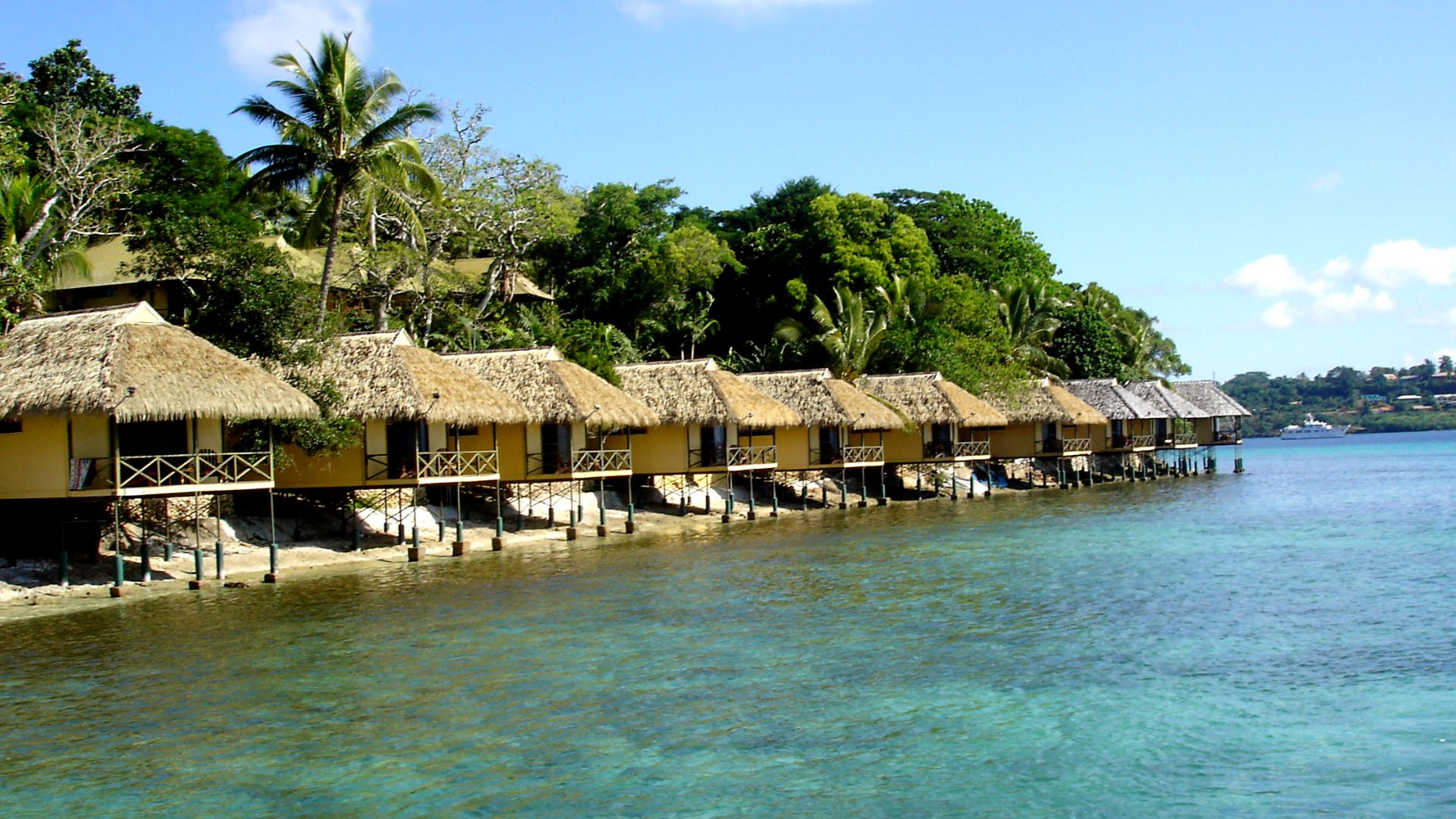 Phillip Capper from Wellington, New Zealand on Wikimedia
Phillip Capper from Wellington, New Zealand on Wikimedia
7. Dominica
This Eastern Caribbean island runs one of the most accessible investor programs globally. A non-refundable contribution of $100,000 or a qualifying real estate purchase opens the door to a second citizenship within six months. No relocation or interviews are required, and applicants gain access to over 140 countries.
8. Portugal
The Golden Visa offers a clear route to citizenship in Portugal after five years, and that too, with minimal physical presence. Just a week in the country per year suffices, and a basic Portuguese test is required. Investment options start at $324,800, too, and that flexibility makes it attractive to digital nomads and investors alike.
9. Ireland
Ireland’s ancestry-based route lets individuals claim nationality through a grandparent, provided they register via the Foreign Births Register. The process emphasizes civil documentation, like marriage and birth certificates, and requires no physical presence in the country.
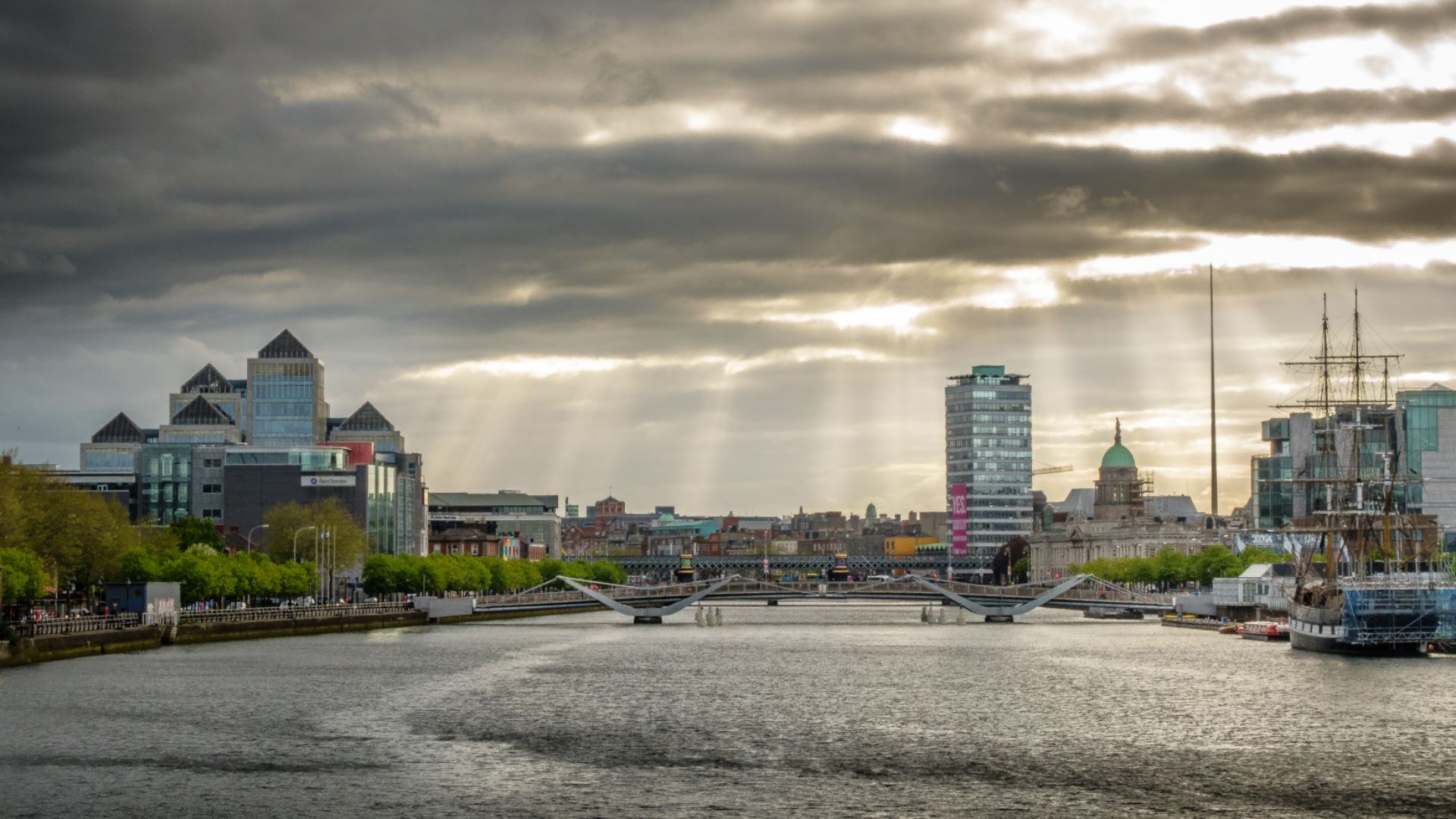 Giuseppe Milo from Dublin, Ireland on Wikimedia
Giuseppe Milo from Dublin, Ireland on Wikimedia
10. Sweden
Five years of residence open the door to Swedish citizenship. The country also skips language exams and embraces dual nationality, which keeps approval rates high. With its social benefits and quality of life, Sweden’s openness is only matched by its appeal.


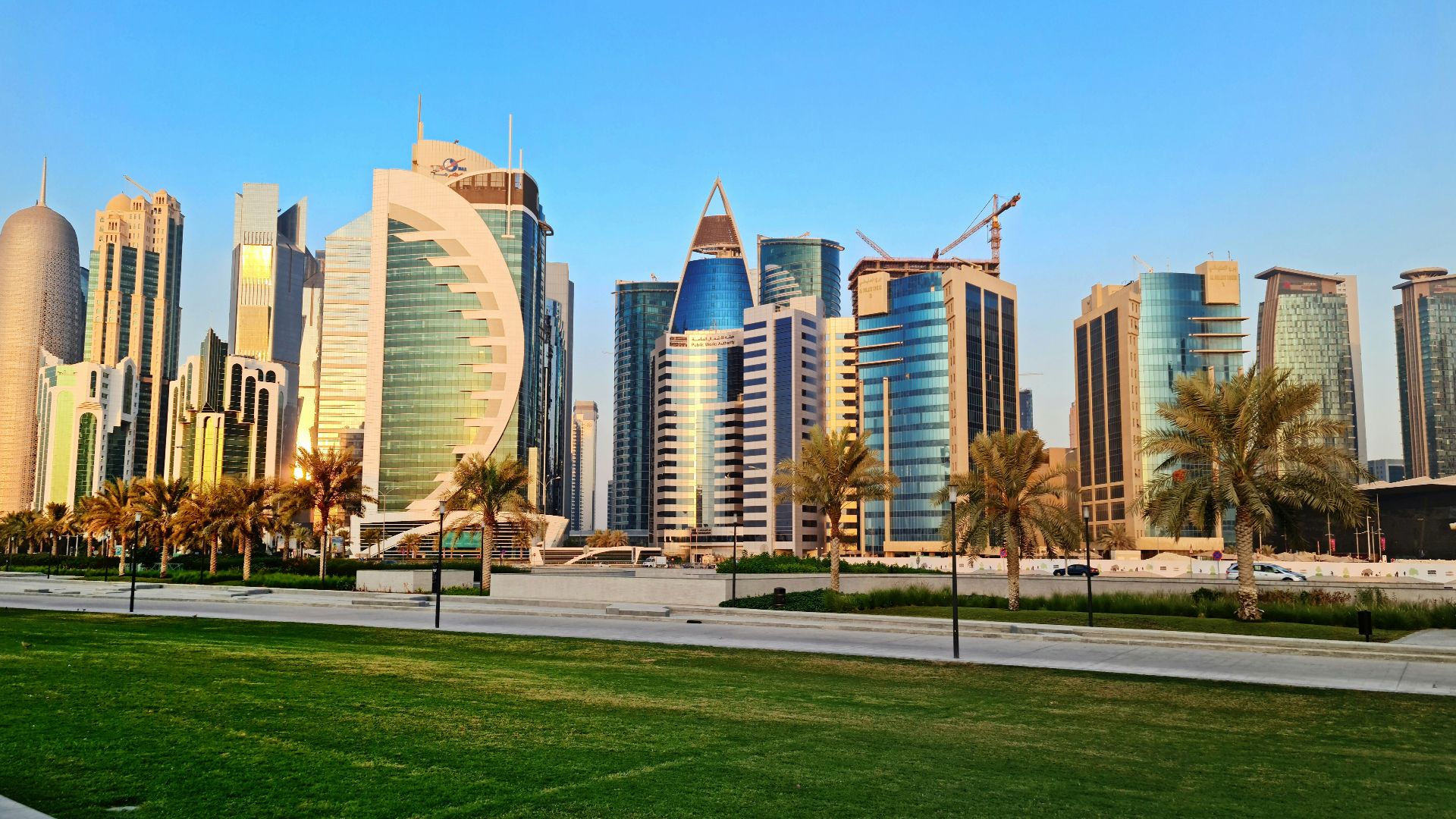
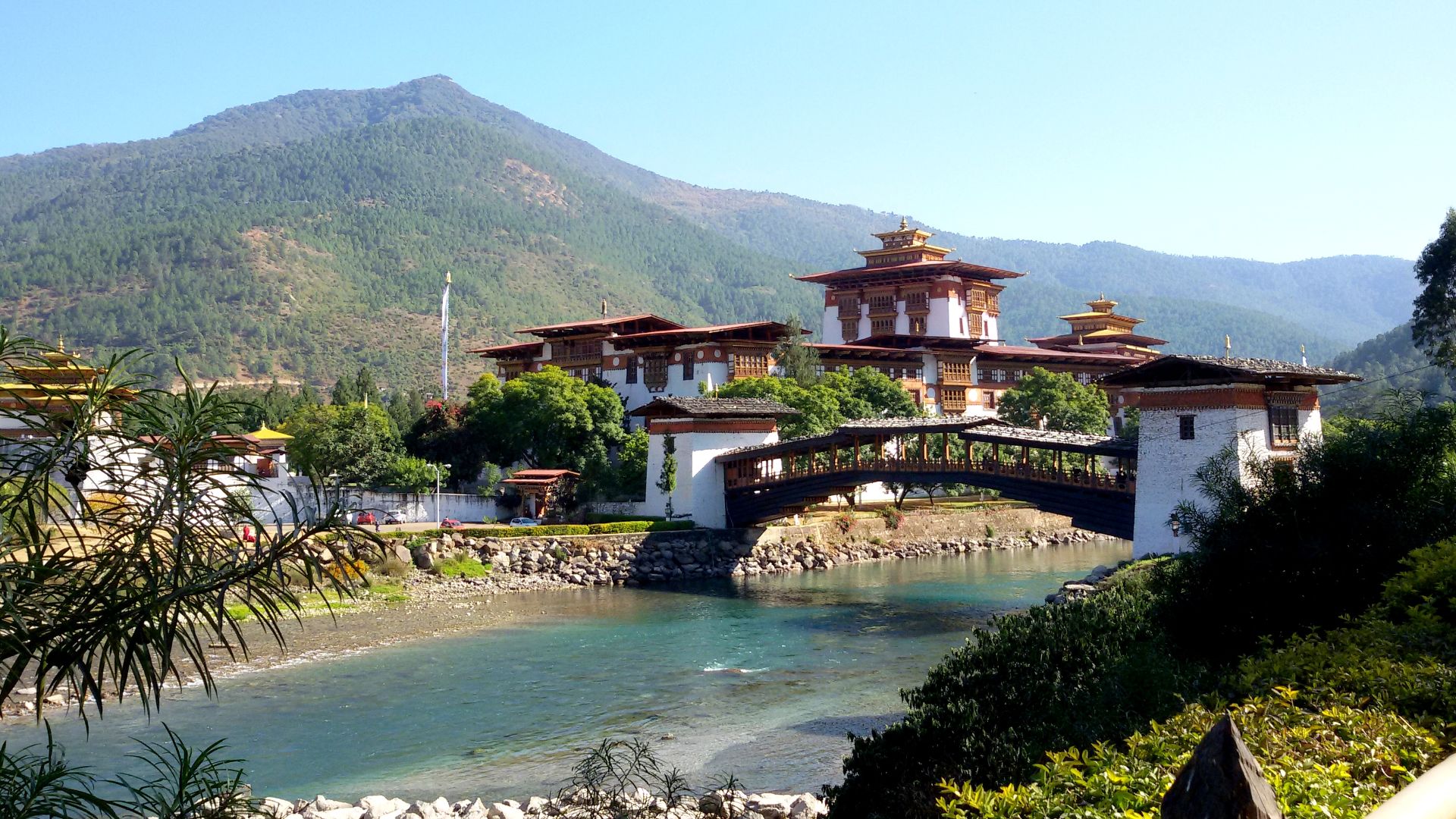

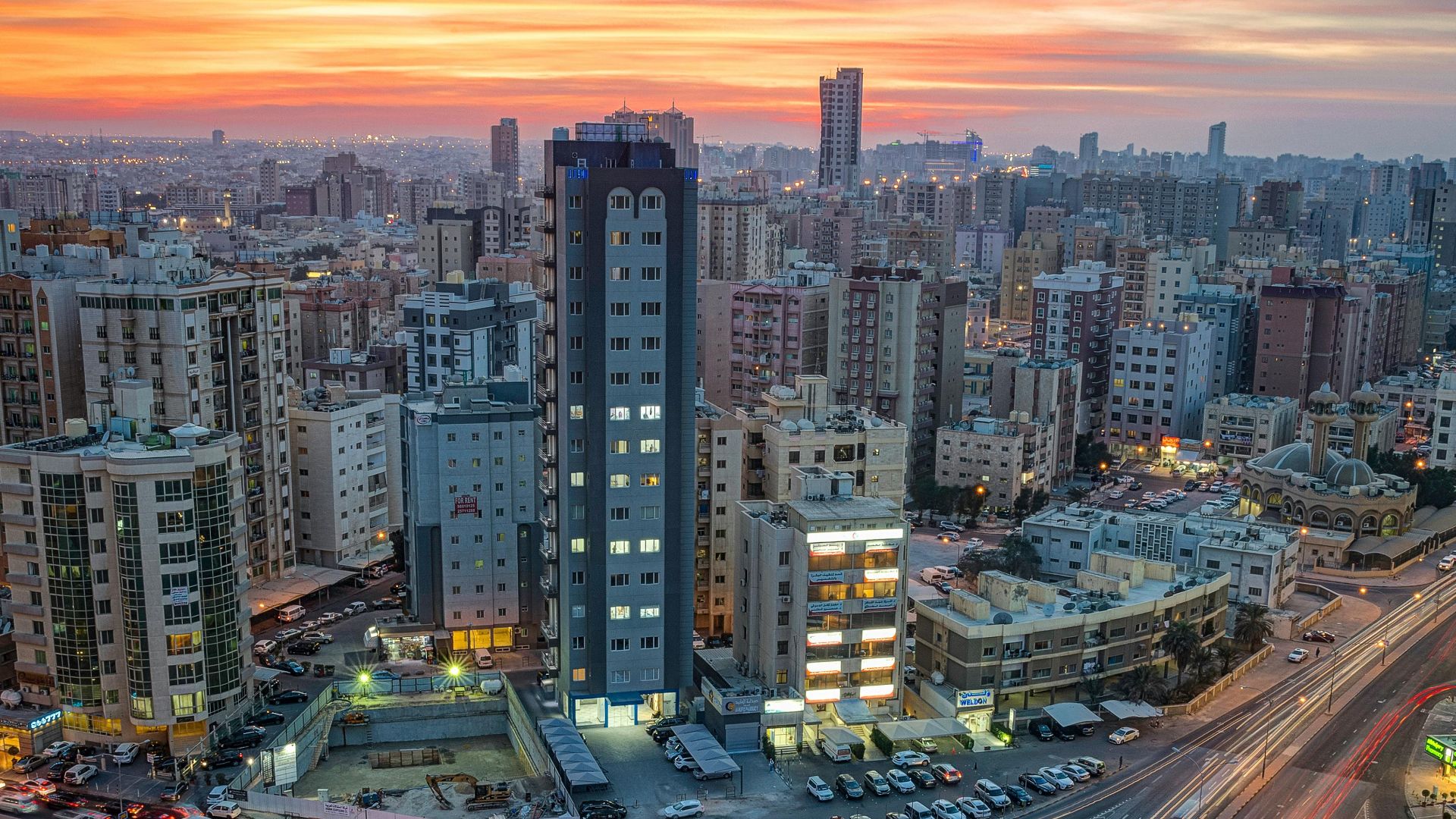

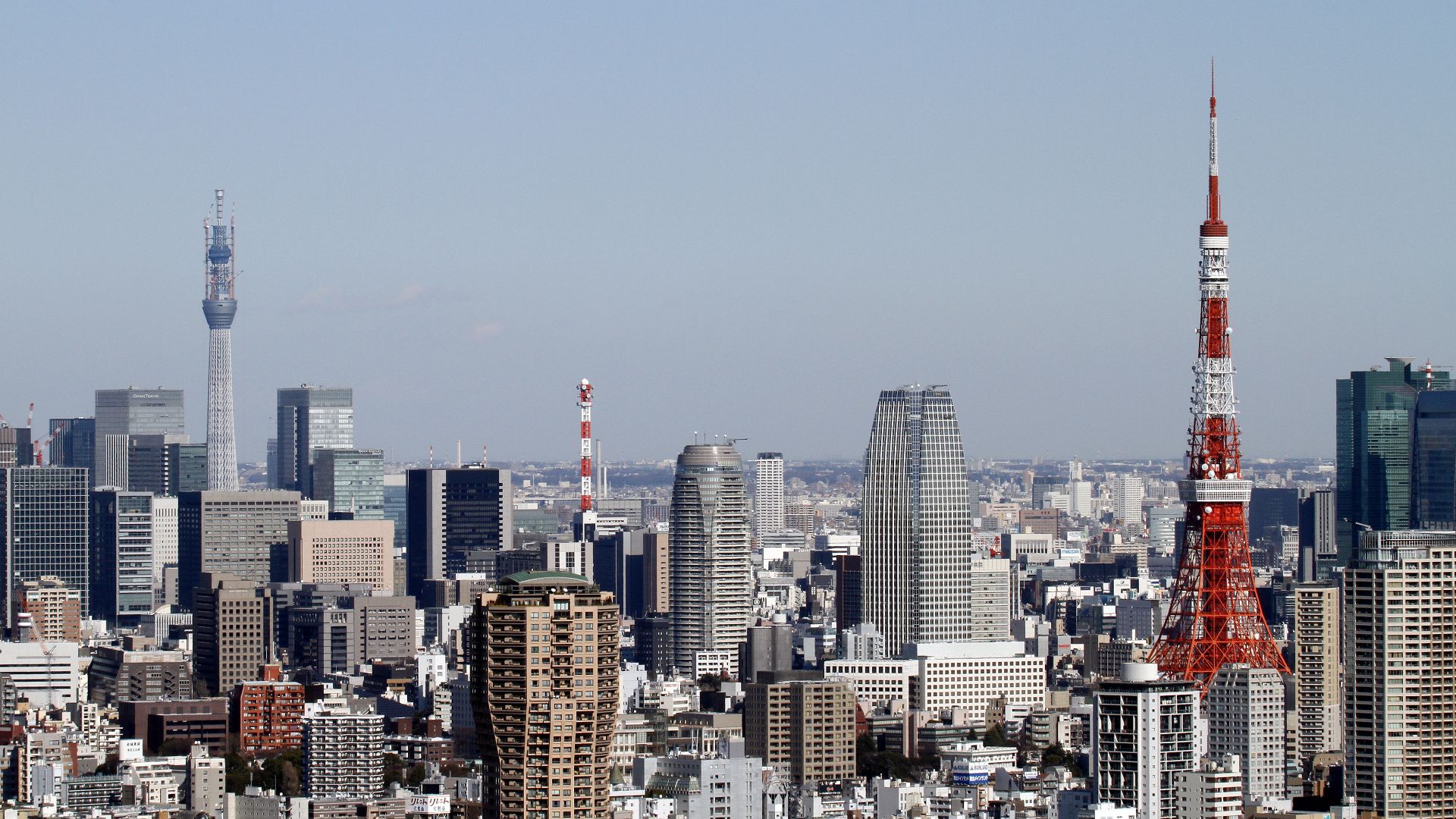
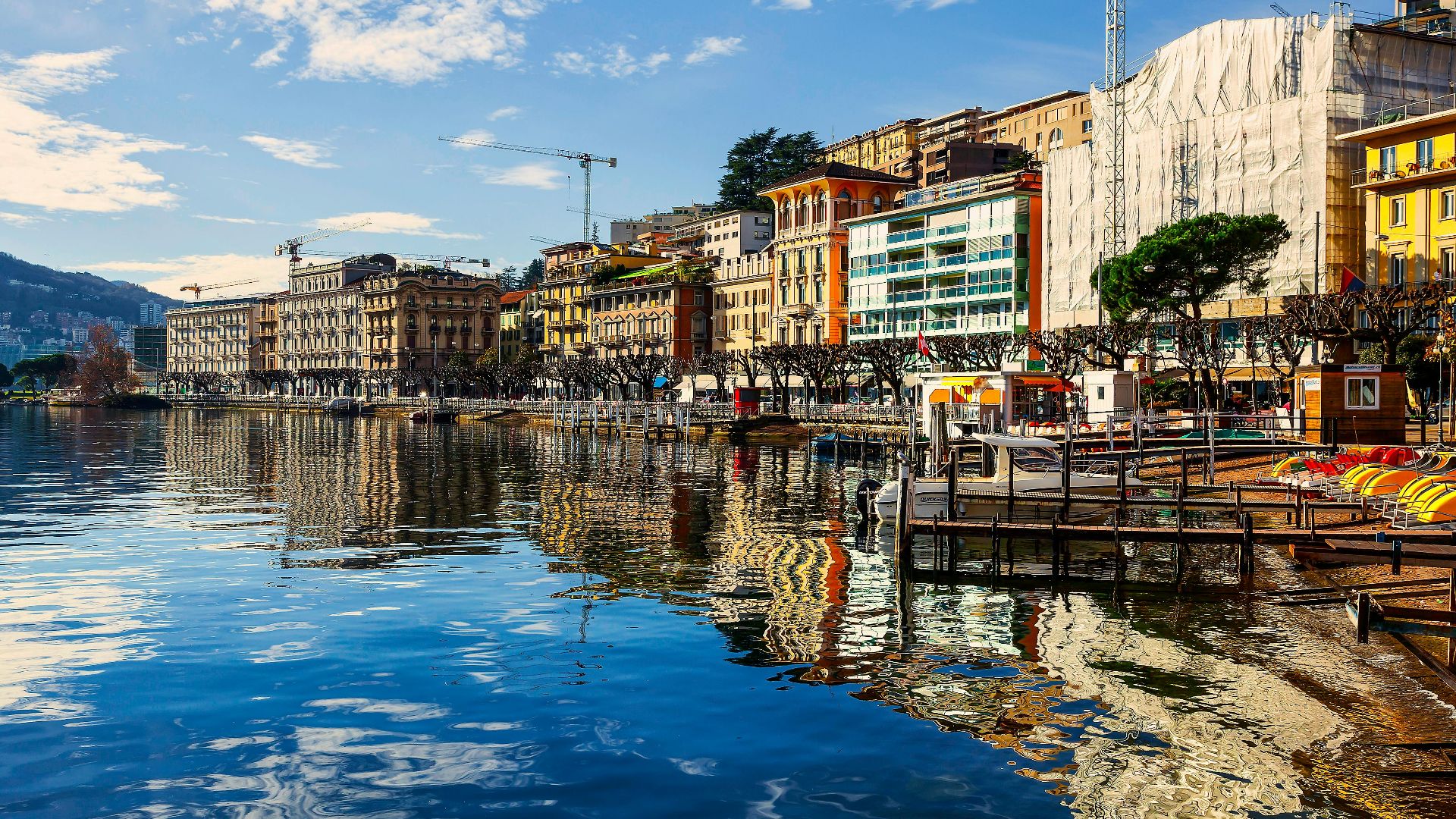
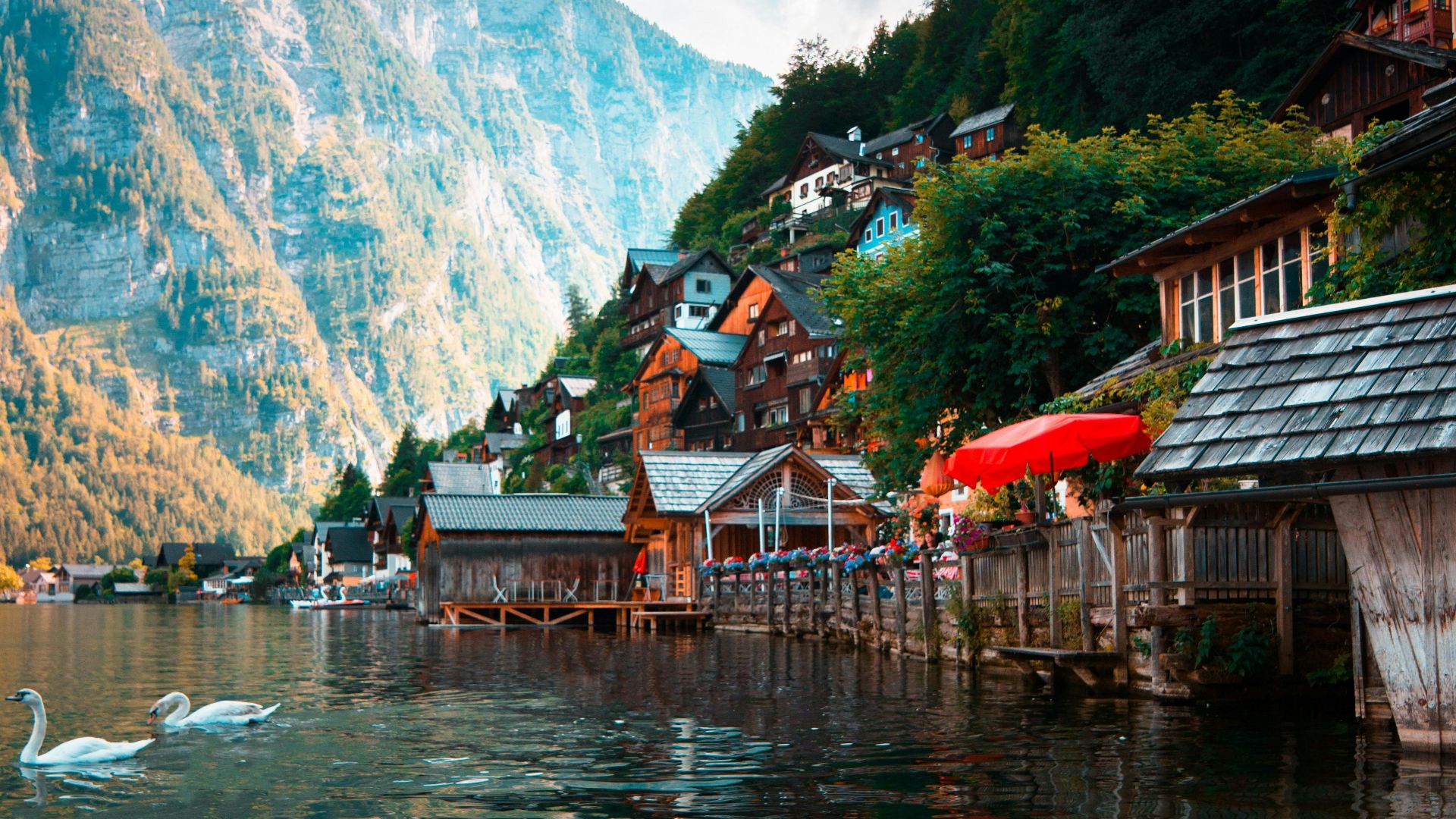
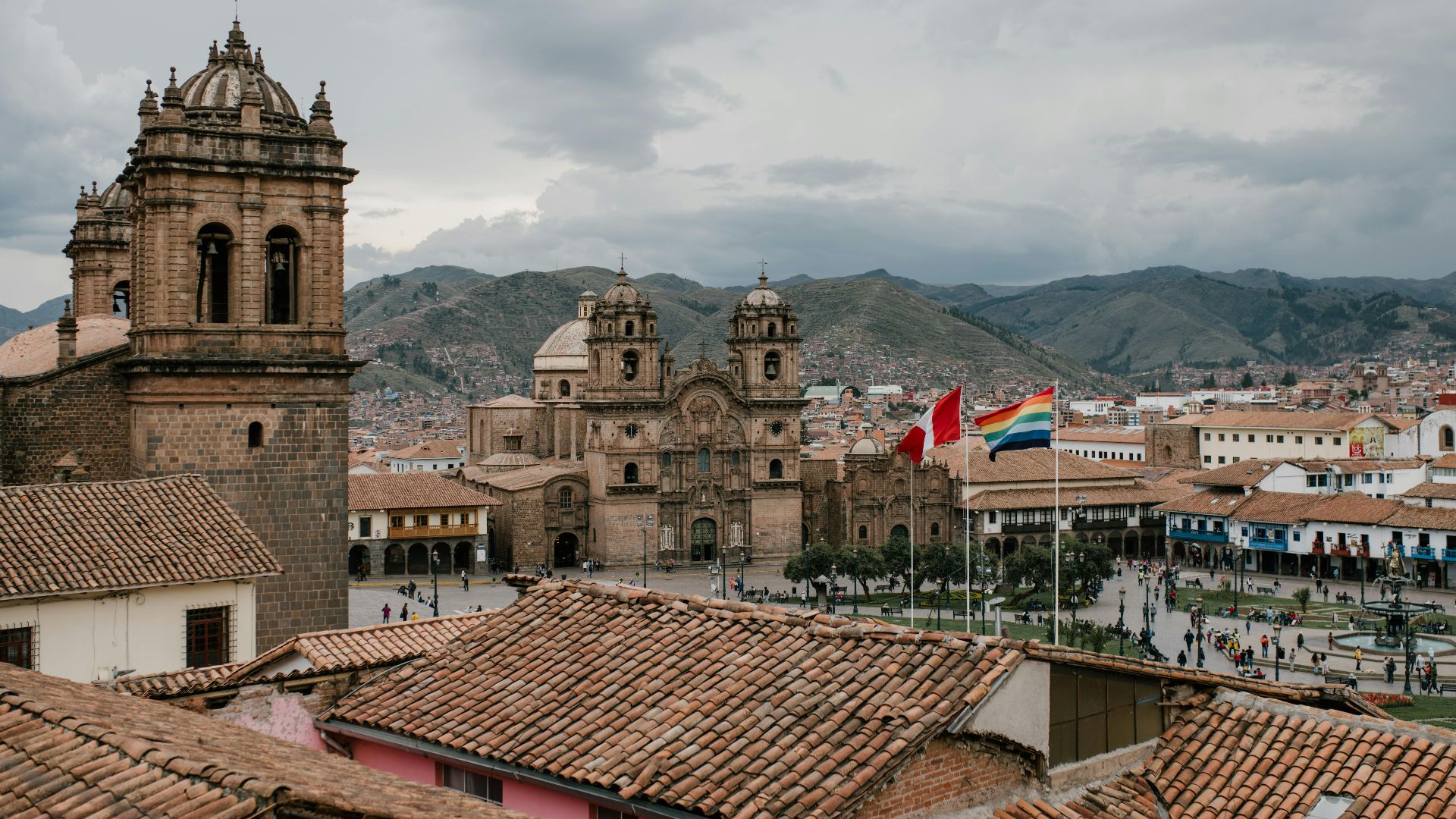
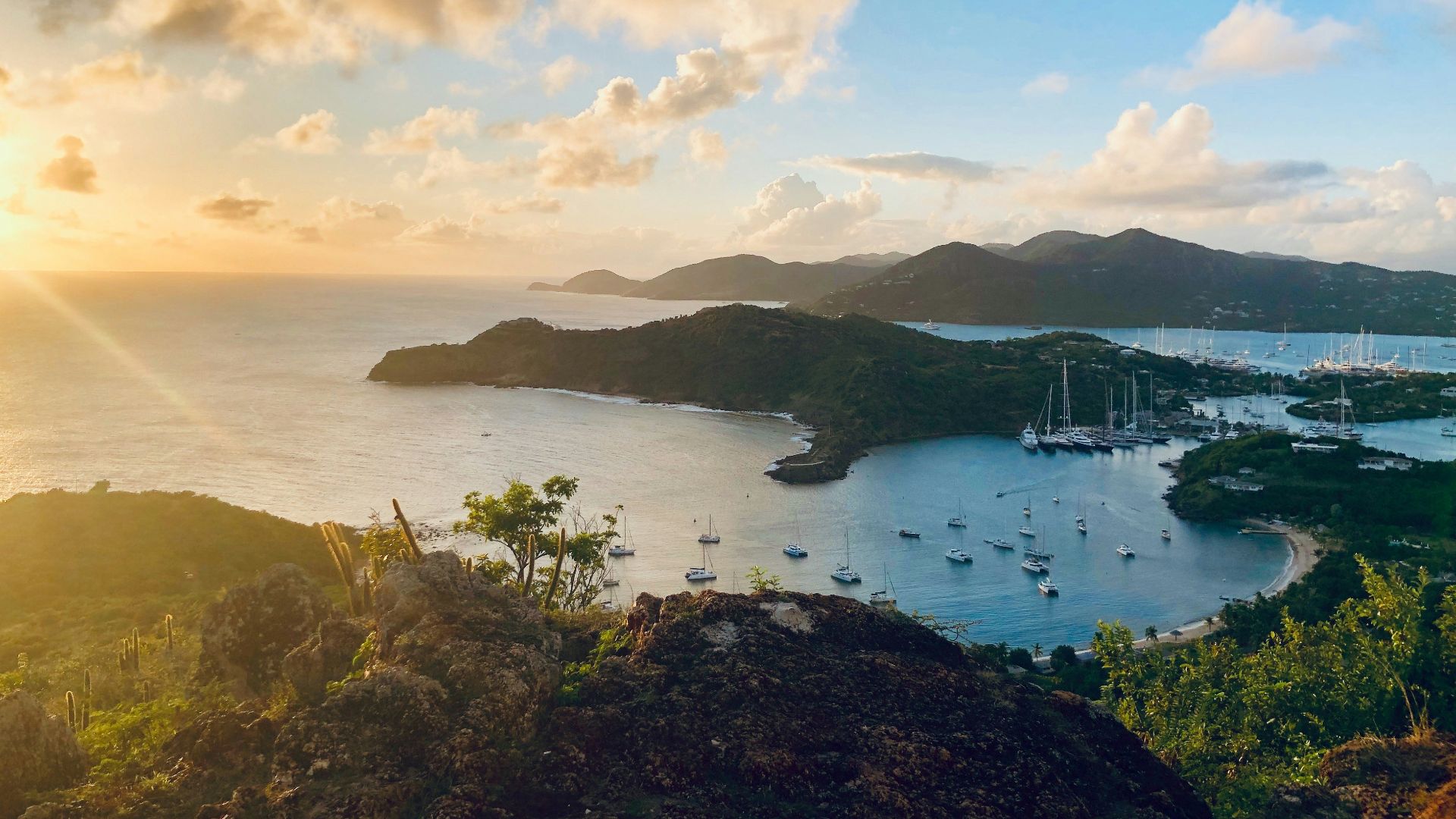
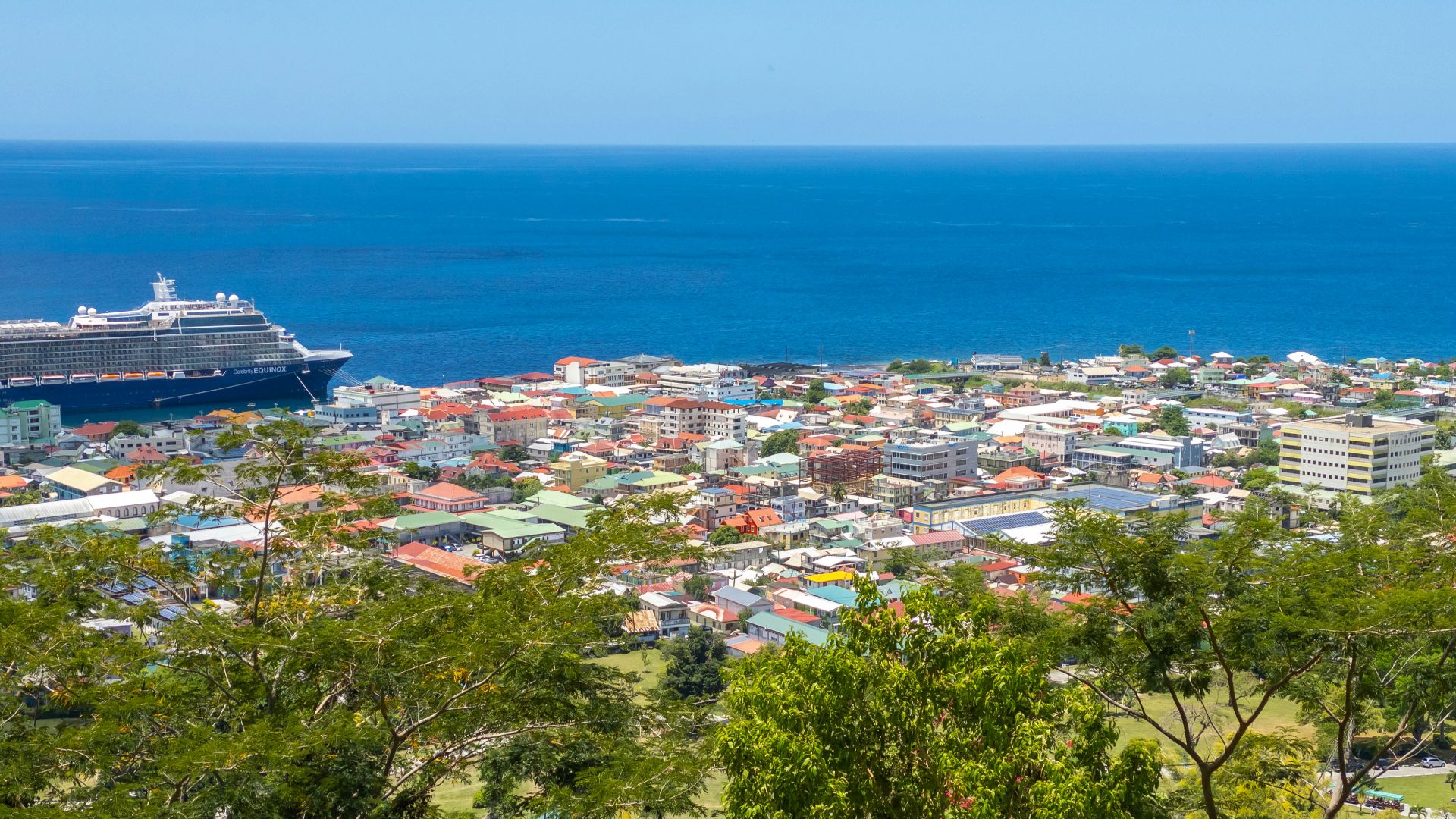
![boats docked near seaside promenade]](https://www.thesavvygamer.com/storage/app/media/roughmaps/2025/6/14/17498816048c1fb4e9ed369aec172bc8d9256a2d176e0fdc1d.jpg)
